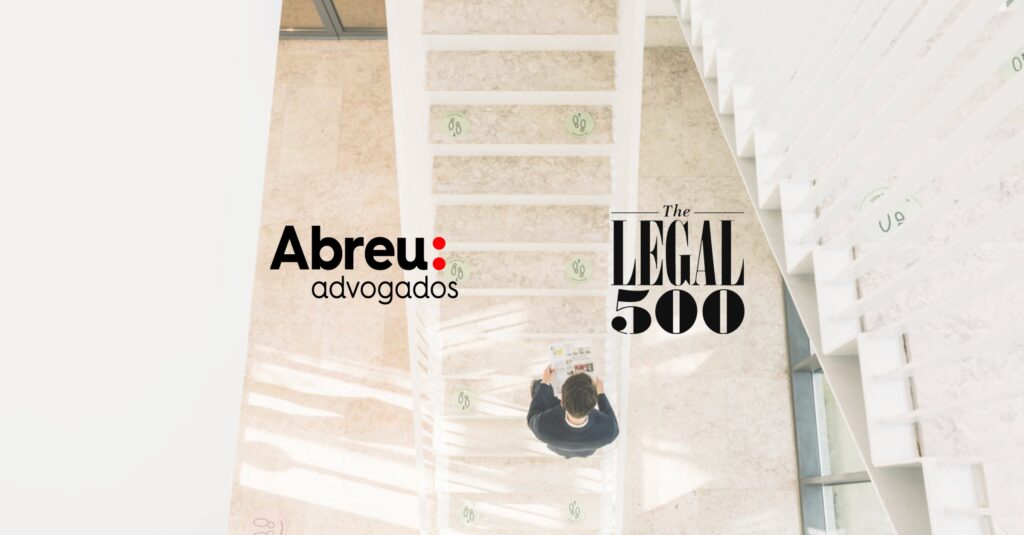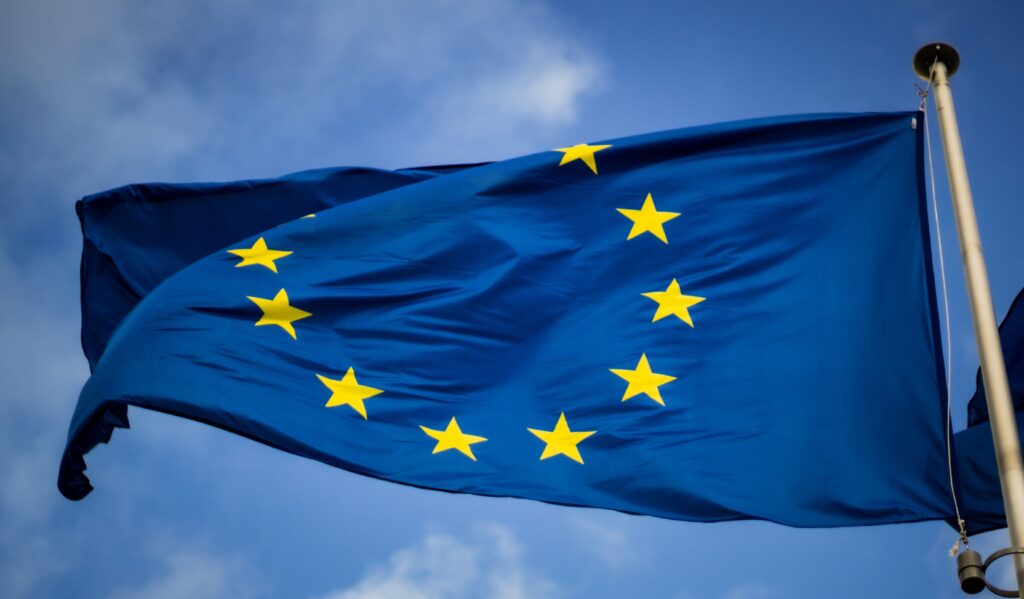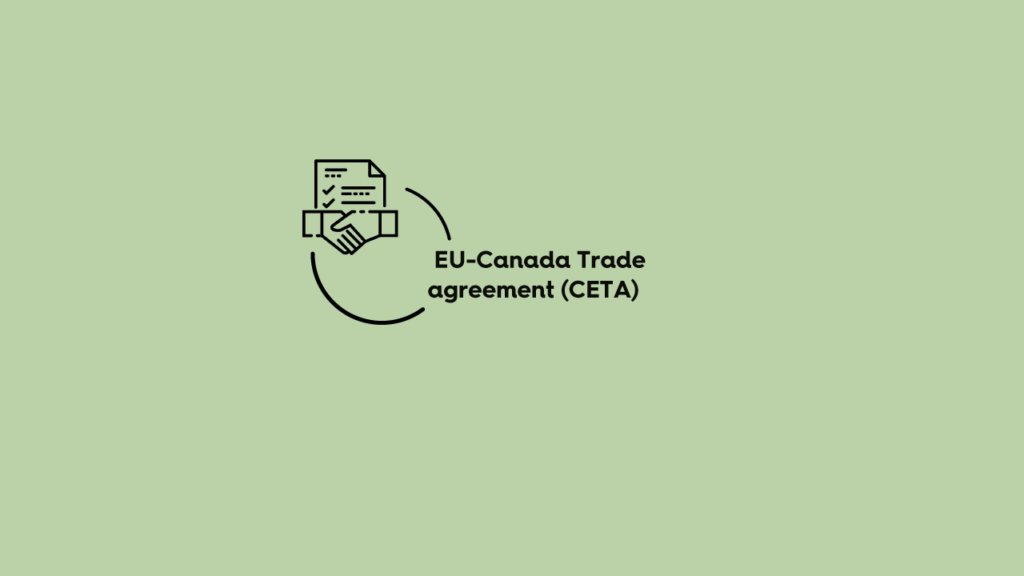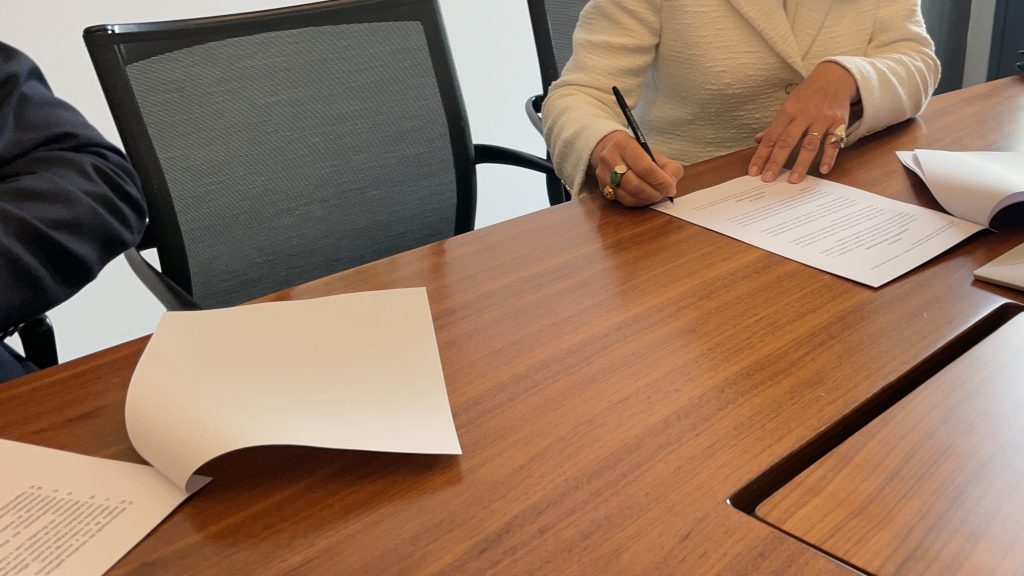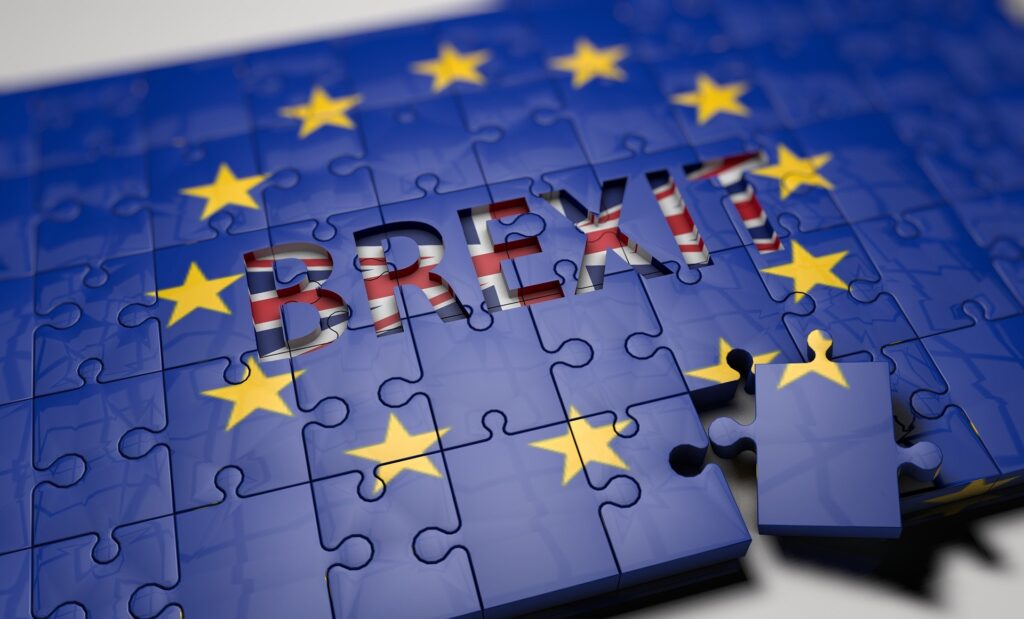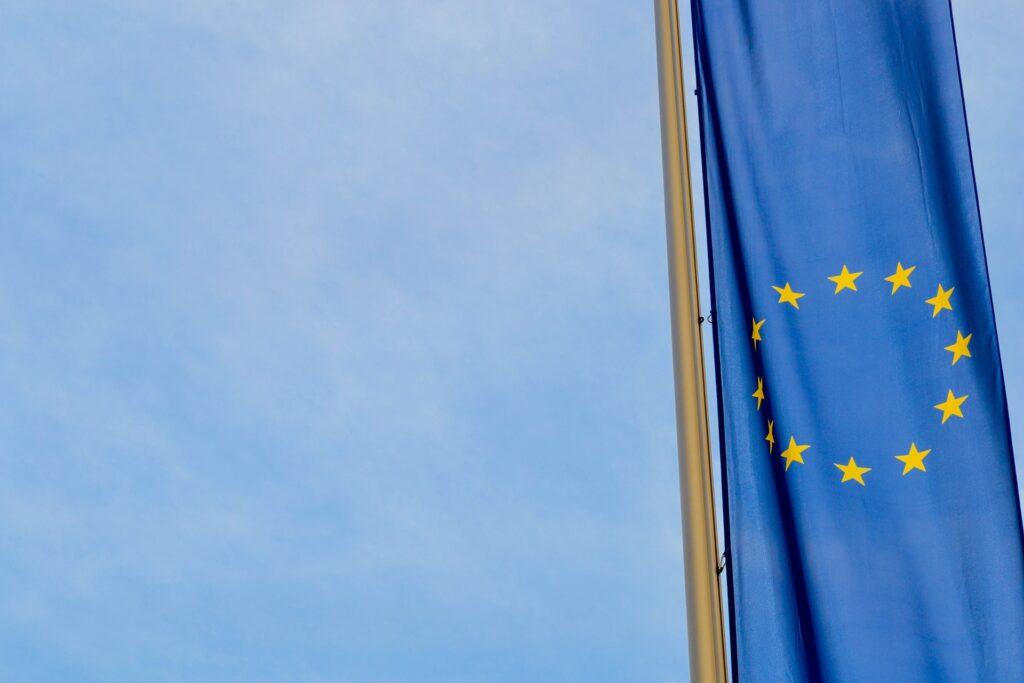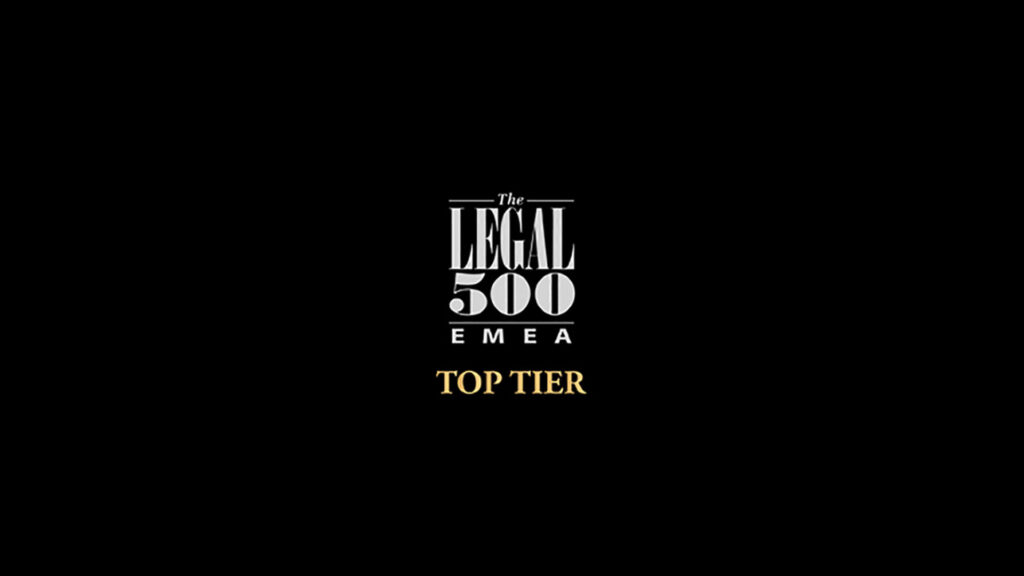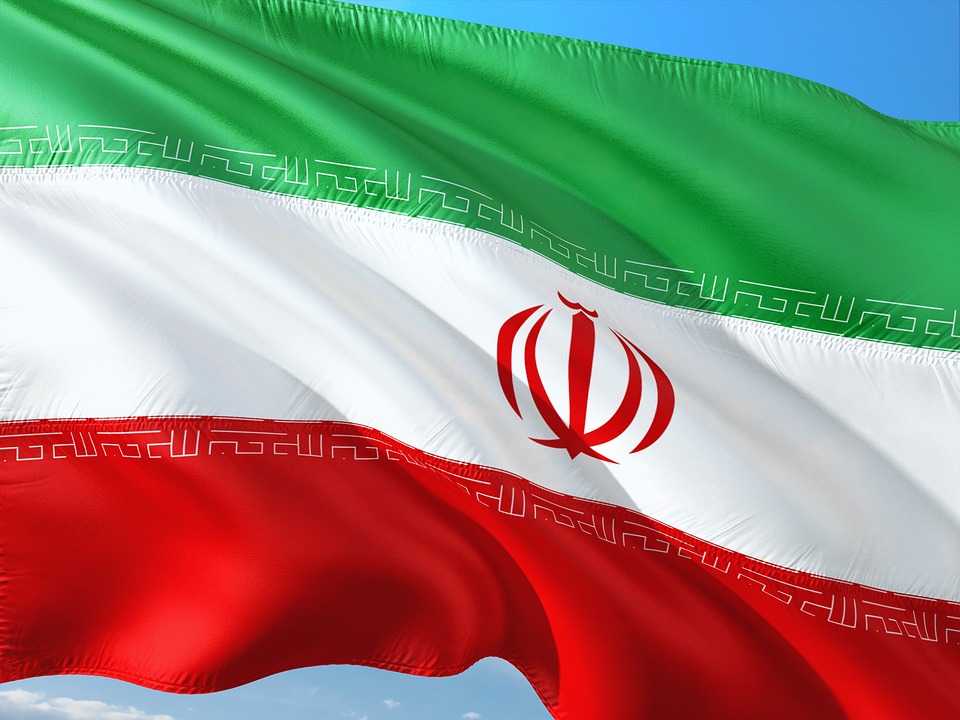COVID-19 | Competition: Exceptions in times of exception
In order to ensure the survival of markets and distribution chains in the context of the pandemic crisis, some flexibility of competition law rules applicable to agreements between undertakings may be necessary and justifiable.
However, how can this flexibility be reconciled with the objectives of competition rules?
The European Competition Network (ECN)1. statement, of 23 March 2020, reflected this dichotomy: on the one hand it recalled that the objectives of the competition rules remain relevant at this juncture and on the other it considered that agreements between companies concluded to prevent supply shortages are unlikely to be problematic – either because they do not restrict competition or because the benefits which the cooperation is intended to achieve justify such restriction2.
EC guidelines on business cooperation in the context of the current pandemic
On 8 April 8 2020, the EC adopted a Temporary Framework for the analysis of cooperation practices among companies in response to emergency situations arising from the COVID-19 outbreak.
Scope: response to the scarcity of essential products and services, in all sectors and until the EC withdraws the framework.
Key ideas: competition law remains applicable, companies remain responsible for assessing the legality of their initiatives and to do so they can make use of the exceptional guidance now issued.
According to these guidelines, the exchange of commercially sensitive information and coordination between the sites produces which medicines will be considered admissible, provided that they are:
- Designed and objectively necessary to actually increase output in the most efficient way to address or avoid a shortage of supply of essential products or services, such as those that are used to treat COVID-19 patients;
- Temporary in nature (i.e. to be applied only as long there is a risk of shortage or in any event during the COVID-19 outbreak);
- Not exceeding what is strictly necessary to achieve the objective of addressing or avoiding the shortage of supply.
Additionally, undertakings should document all exchanges, and agreements between them and make them available to the Commission on request.
In order to reassure companies regarding the compatibility of their measures with European Union (EU) competition law, the EC has also set up an exceptional procedure to provide ad hoc guidance, which includes the possibility of issuing a comfort letter – remember that the rule is self-assessment – by the EC, at its discretion and at the request of the companies3.
The EC had already provided an e-mail ([email protected]), through which companies can request informal guidance on any specific (broad scope) initiatives in the context of the present crisis, identifying: (i) the firm(s), product(s) or service(s) concerned; (ii) the scope and set-up of the cooperation; (iii) the aspects that may raise concerns under EU competition law; and (iv) the benefits that the cooperation seeks to achieve, and (v) why the cooperation is necessary and proportionate.
Thus, the mere claim that the parties’ intention is to tackle the crisis caused by COVID-19 does not mean that the agreement in question is not covered by the prohibition of anti-competitive agreements4.
In addition, the encouragement of cooperation by the State at this juncture is also only one element, although a favourable one, in examining the conformity of companies’ initiatives, in implementation of that appeal, with competition law. The same no longer applies to imperative requests from public authorities to respond to emergency situations (such as the lack of resources of health professionals).
Is it really necessary such a temporary and limited framework, i.e., do the competition rules already allow exceptions to this type of measures?
- An agreement is prohibited if it has as its object or effect a restriction of competition. An agreement of the above nature hardly has a restrictive effect. In addition, the effects are only assessed in the absence of a restrictive object.
- In the case of a restrictive agreement by object (such as typically exchanges of confidential information, market distribution, etc.), there is already a legal exception (and EC guidelines) for agreements that generate efficiencies (better production/distribution, more progress), provided that: the restriction is indispensable to achieve such efficiencies, they are reflected in the consumer and do not lead to elimination of competition.
- According to the case law of the CJEU and the EC Communication on abuse of dominant position, an undertaking can justify its conduct by showing that it also produces efficiency gains which outweigh any anti-competitive effect.
It should be remembered that the abuses mentioned above, such as excessive prices, presuppose the existence of a dominant position (not to be confused with the crime of speculation for illegitimate profit).
Exceptional derogation from EU competition rules in the milk, plants/flowers and potato sectors
On 4 May 2020, the EC published a package of support measures for the agri-food sector, which includes a derogation from the prohibition of anti-competitive agreements for the milk, plants/flowers and potato sectors under Article 222 of the Regulation on the common organisation of the markets in agricultural products.
Scope: the EC implementing acts are addressed to farmers, farmers’ associations, associations of such associations, recognised producer organisations, associations of recognised producer organisations and recognised interbranch organisations in the milk, plants/flowers and potato sectors, within the EU territory and for a period of 6 (six) months.
Key ideas: measures falling under these acts shall not be subject to the rule banning anti-competitive agreements. The acts adopted by the EC shall be interpreted restrictively.
- Regarding the milk sector, are hereby authorised, during a period of 6 months starting from 1 April 2020 [and not starting from May 5, like the other sectors], to conclude agreements and take common decisions on planning the volume of raw milk to be produced;
- Regarding the plants/flowers sector, are hereby authorised to conclude agreements and take common decisions on market withdrawals and free distribution, joint promotion and temporary planning of production;
- Regarding the potato sector, are hereby authorised to conclude agreements concerning potatoes for processing and take common decisions concerning potatoes for processing on market withdrawals and free distribution, transformation and processing, storage, joint promotion and temporary planning of production.
The implementing acts also establish reporting obligations for the companies to the PCA, so that it can be verified that the agreements and decisions adopted do not jeopardize the proper functioning of the internal market and are strictly aimed to stabilize the sector concerned.
1 Which includes the Portuguese Competition Authority (PCA) and the European Commission (EC).
2 A similar statement was published on the same date by the International Competition Network (ICN).
3 The first comfort letter was issued by the EC to the Medicines for Europe association and aimed a voluntary cooperation project among pharmaceutical producers.
4 In accordance with the case law of the Court of Justice of the European Union (CJEU).



